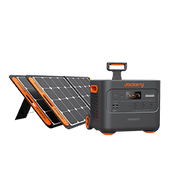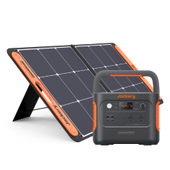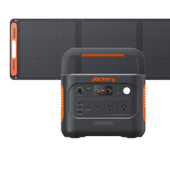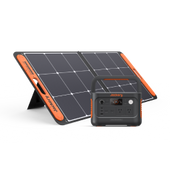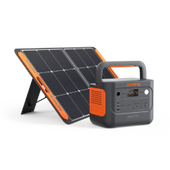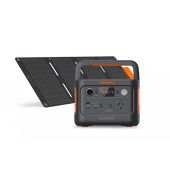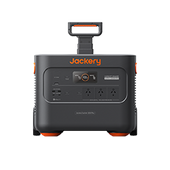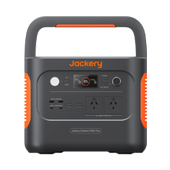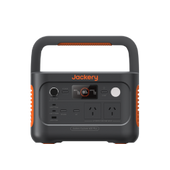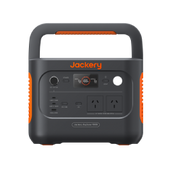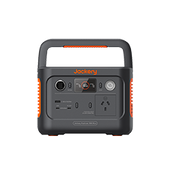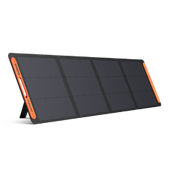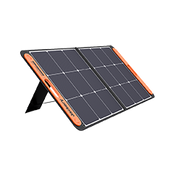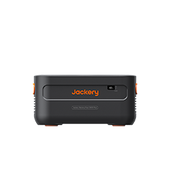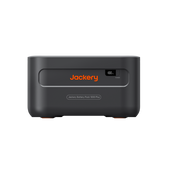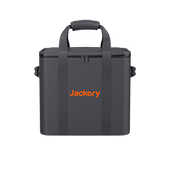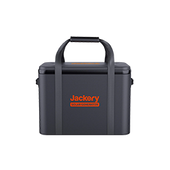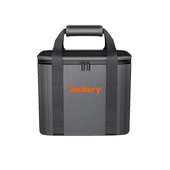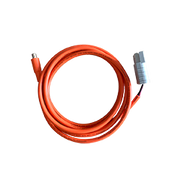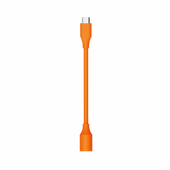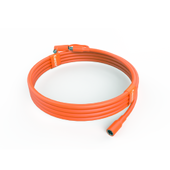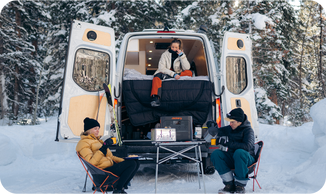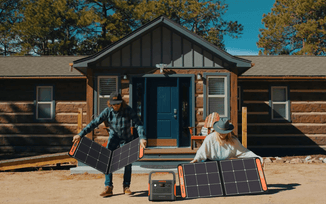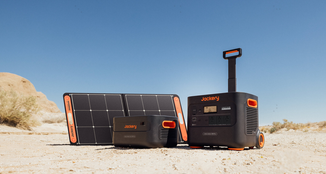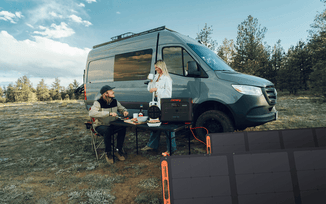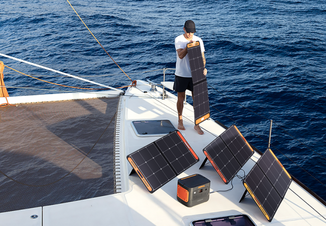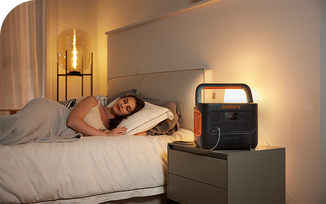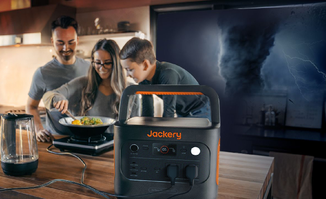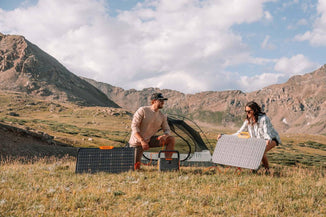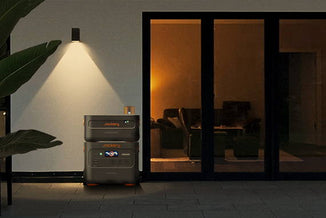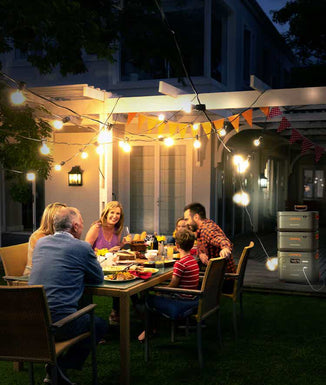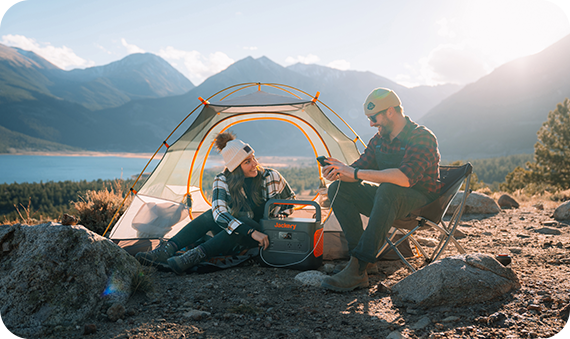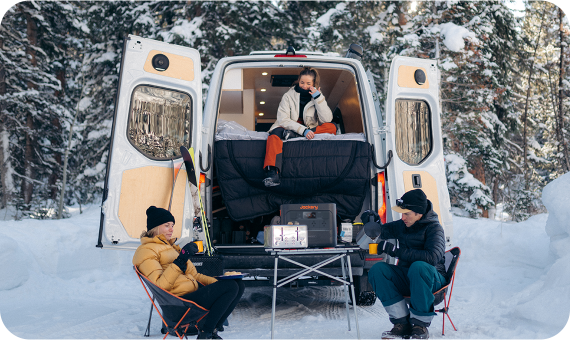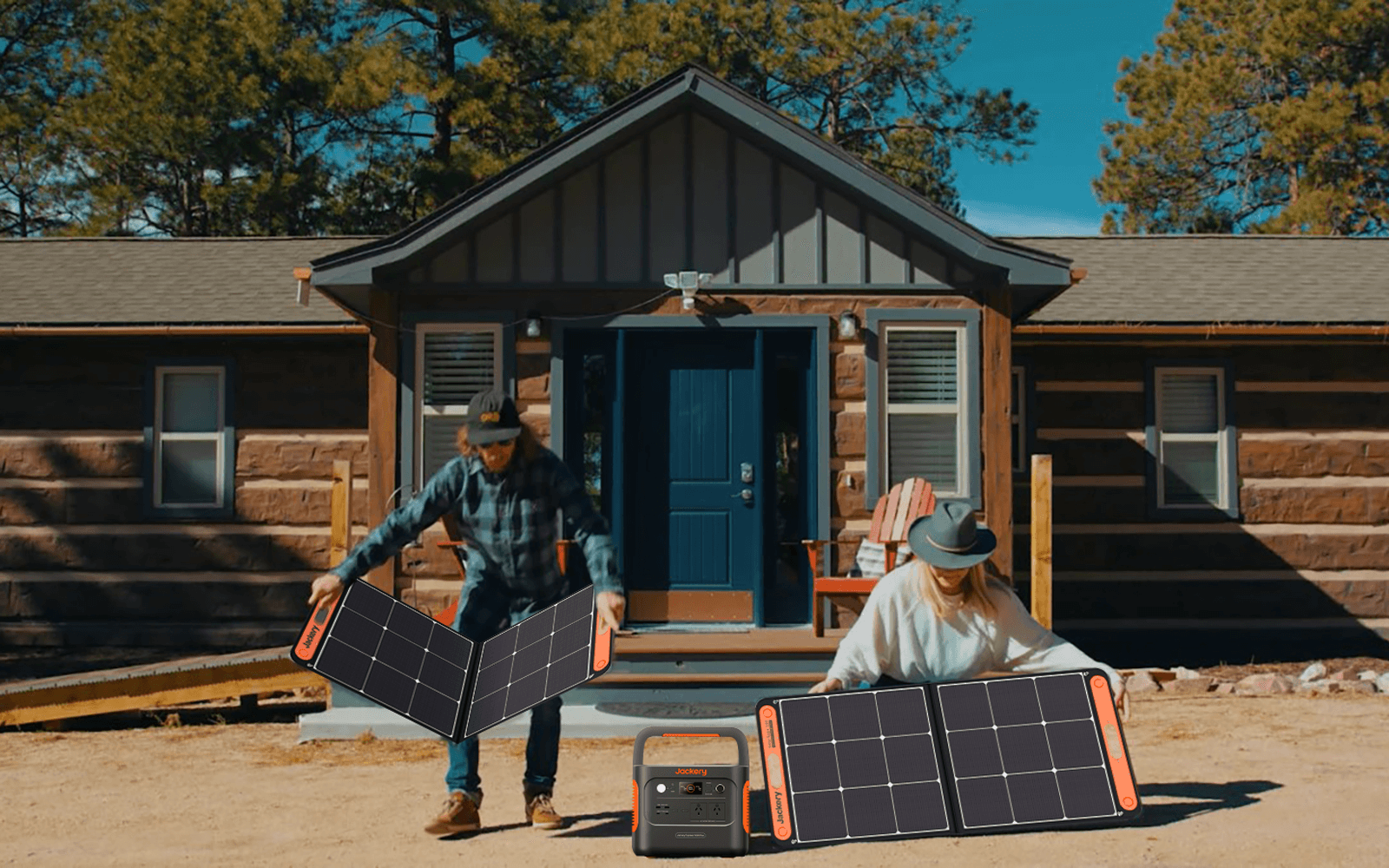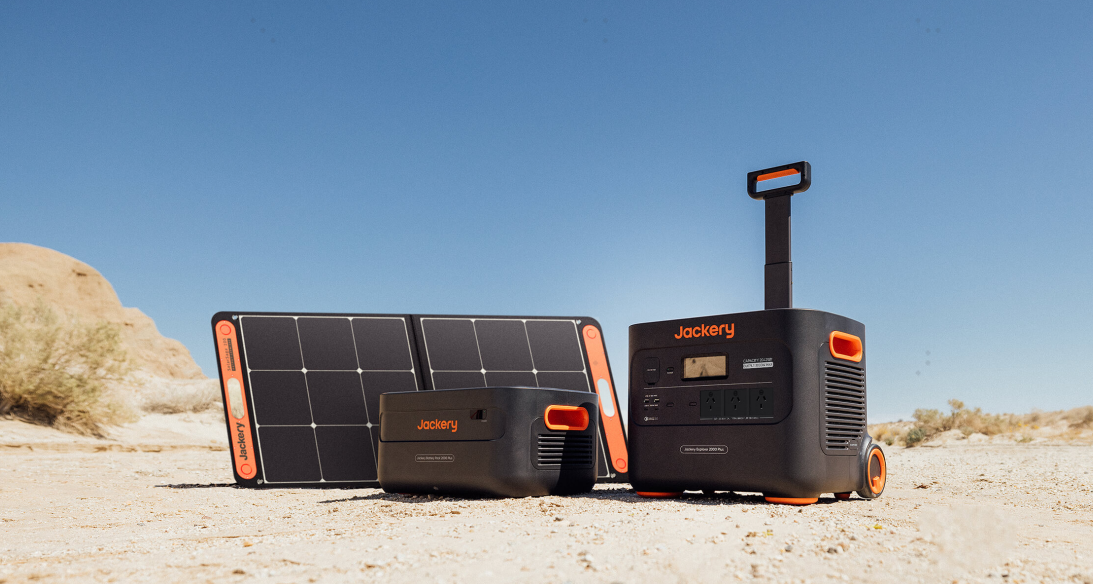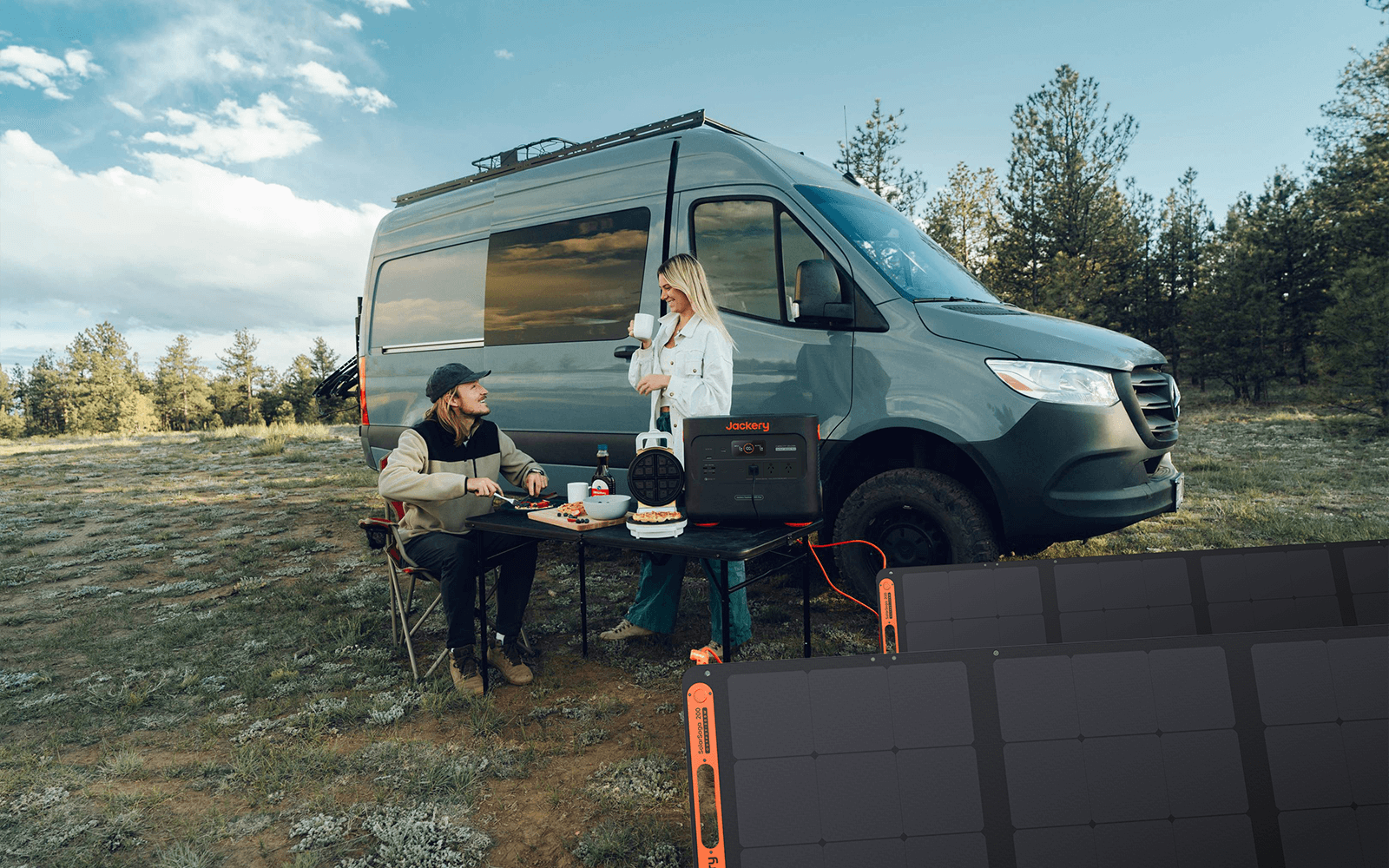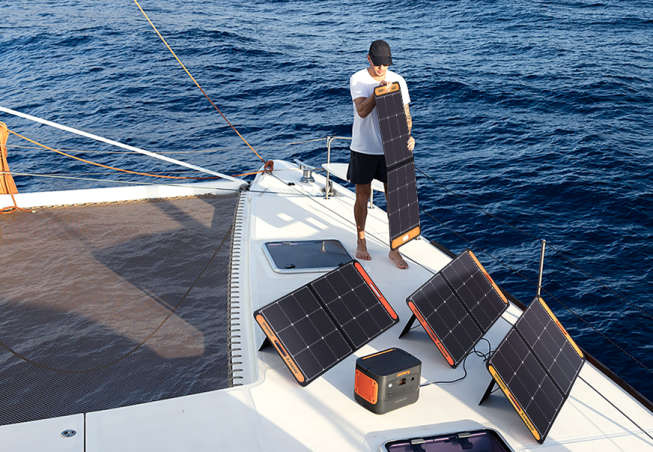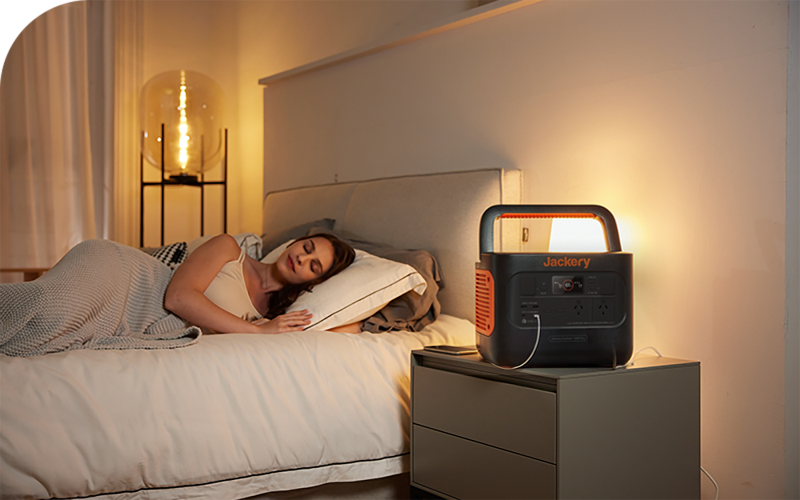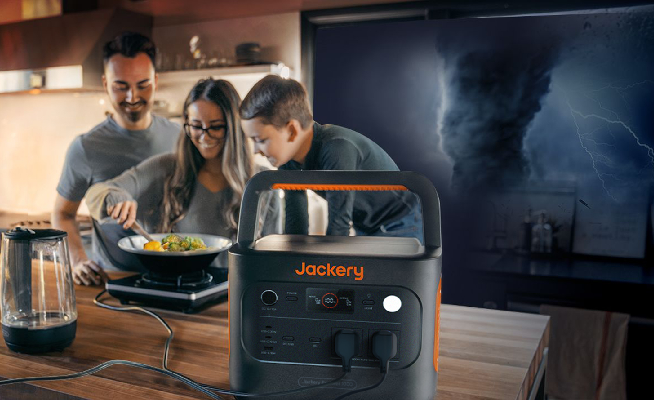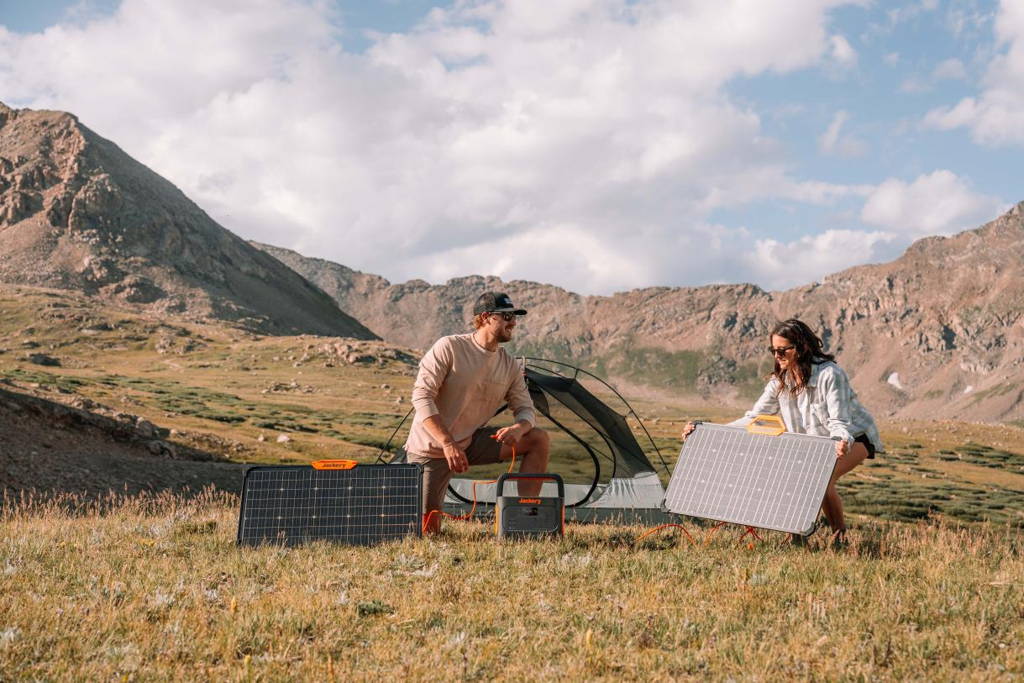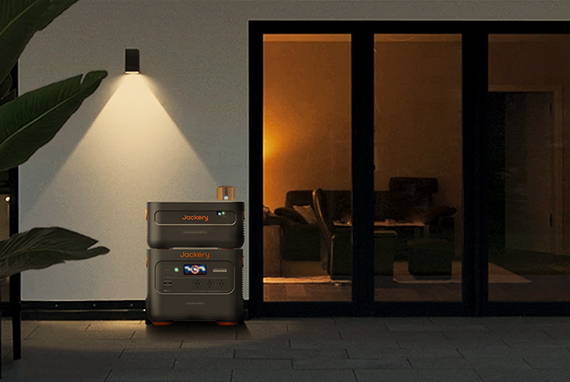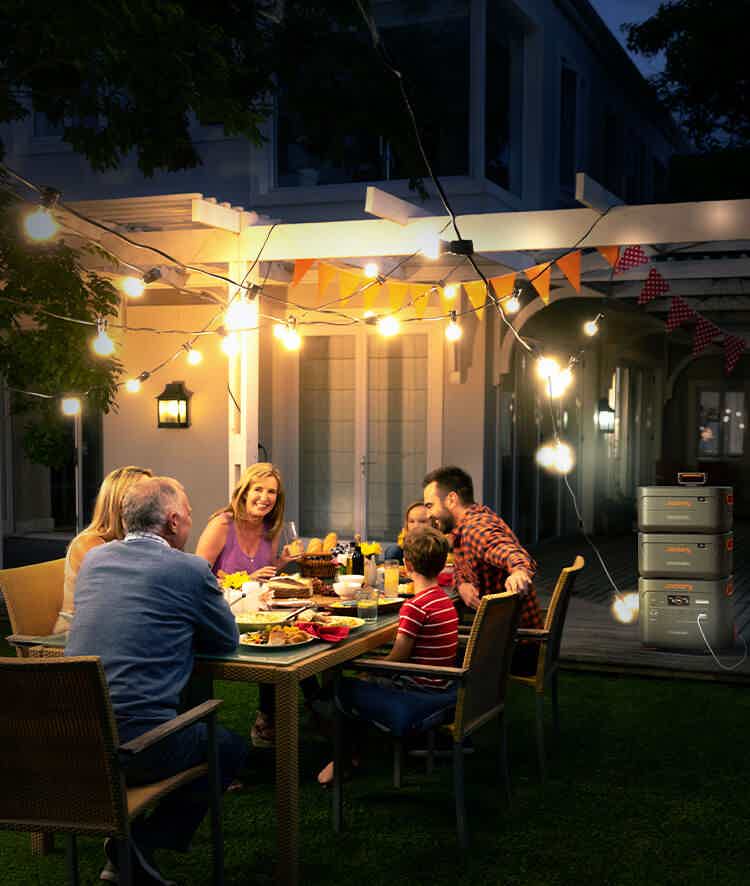The 3 Best Small Generators for Camping in Australia
The 3 Best Small Generators for Camping in Australia
The most effective camping generators can significantly impact your journey, regardless of whether you are frequently traveling, relocating to different campsites, or simply hitting the road. As is customary in Australia, many camping generator products are available for purchase and long-term use.

As camping generators become more affordable and technologically advanced, their prevalence among Australian campers increases. This page will cover the small generators for camping in Australia, including their advantages and disadvantages, varieties, factors to consider when selecting one, and the top three small generators from Jackery.
Product
Capacity
Dimension
Battery Cell
Solar Generator 1000 Pro
1002Wh (43.2V, 23.2Ah)
25.5x26.2x34cm
Lithium-ion
Solar Generator 500
518Wh (21.6V, 24Ah)
24.2x19.3x30cm
Lithium-ion
Solar Generator 300 Plus
288Wh (12.8V, 22.5Ah)
16.7x15.5x23cm
LiFePO4
Jackery Solar Generators are rechargeable power stations that combine solar panels. It has a premium lithium-ion battery, an MPPT solar controller, and a pure sine wave inverter, providing dependable and consistent electricity for camping, RVing, off-grid living, and other outdoor activities.
Key Takeaways:
A small portable generator for camping is a power source that can be transported elsewhere. Small portable generators, typically 200Wh to 1000Wh, are an excellent way to bring electricity with you camping.
As for the benefits, the small generator for camping is portable, versatile, practical, and easy to use. Regarding the drawbacks of a small generator, it may cause noise and fuel waste.
According to the types of fuels, there are gas, diesel, propane, and solar generators for camping, which have pros and cons. Small solar generators are better than others for efficiency or pollution.
We highly recommend Jackery Solar Generator 1000 Pro, 500, and 300 Plus for your best camping generators due to their portability, easy-to-use features, and versatility.
A small generator for camping can light up the campsite, power your devices, charge the cooking supplies, and run a portable fridge.
What Is A Small Generator for Camping?
Historically, portable generators have been associated with camping emergencies rather than tranquil woodland excursions. However, tiny portable generators are an excellent camping accessory, particularly in Australia, where one can camp in abundant picturesque national parks and beaches.
Certain creature pleasures are indisputable. A small camping generator is helpful in a variety of outdoor circumstances. Camping generators can be an indispensable companion, supplying power to outdoor lighting and heating systems and enabling you to create the ideal playlist for your weekend outdoors.
As its name implies, a small portable generator for camping is a power source that can be transported elsewhere. Small portable generators, typically 200Wh to 1000Wh, are an excellent way to bring electricity with you camping.
Camping generators are available in various power capacities; therefore, you must determine whether you require a compact, medium, or potent industrial unit. In contrast, extra-large generators are capable of producing 100,000 watts (100 kW) or more, whereas small generators have a power output of 2,000 watts (2 kW) and large generators approximately 10,000 watts (10 kW).
Generator Sizes
Capacity
Usages
Small Generator for Camping
200-1000Wh
This generator size is best for powering the basic camping essentials, like camping lights, devices, etc.
Small Generator for Home
1-5 kWh
A generator in this size range can easily power a few rooms in your home if you're in the market for one.
Medium Generator for Camping
1-5 kWh
A generator with a 5 kWh capacity can power almost all camping appliances, including the portable AC.
Medium Generator for Home
5-10 kWh
You can power an electric motor, four lights, a fan, and a refrigerator with a portable 5 kWh generator. However, you'll want at least 10 kWh of power for the average-sized home.
Large Generator for Home
10-50 kWh
Homeowners can run multiple devices simultaneously with generators in this class. You may have various energy-intensive appliances such as HVAC units, water pumps, and washing machines.
Large Generator for Business
50-100 kWh
Usually fueled by diesel, these units provide backup power for businesses like offices and restaurants.
Extra-Large Generator
Over 100 kWh
Industrial generators of this capacity are an excellent option if you always require power. Large enterprises may get the energy they need from these massive generators, which run on gas or diesel.
Why Are The Pros & Cons of Small Generators for Camping?
You may be wondering why you'd need a small generator for camping, which is supposed to be a time of isolation and leisure. When you're out in the wilderness, having a reliable power supply for lighting, cooking stoves, and even your phone can make all the difference.
The Pros of Small Generators for Camping
The Cons of Small Generators for Camping
However, there are some drawbacks to using a portable small generator for camping. For those seeking a tranquil camping experience, there may be more suitable alternatives than a portable gas generator due to the noise level of non-battery options.
Noise: The noise of tiny portable generators is one of the most frequently mentioned drawbacks. Conventional fuel-powered generators generate decibel levels ranging from 55 to 65. This corresponds to the volume of an ordinary conversation. However, there are better options for extended generator operation. Conversely, compact solar generators exhibit a comparatively diminished noise output; for instance, the Jackery Solar Generators produce a mere 35-45 dB of noise, equivalent to a human whisper.
Fuel Waste: Although portable generators are an excellent power source, they still require fuel. Gas fuels the majority of conventional portable generators. Camping with a spare gasoline tank is a highly undesirable practice. Additionally, these generator types emit hazardous substances, necessitating caution when operating in contaminated areas. However, solar generators are not affected by this issue.
What Are The Types of Small Generators for Camping?

Gas Generator for Camping
Diesel Generator for Camping
Diesel is not the most frequently used generator fuel. Nevertheless, it operates with greater efficiency than petroleum. Its reduced combustibility makes it safer and more cost-effective than many alternative fuels. With an average operational hourly fuel consumption of 1.5 gallons, diesel generators achieve a respectable fuel economy. Diesel generators can be used for various purposes, including as a permanent power source for recreational vehicles, construction sites, and emergency support.
Pros:
Diesel generators are well-respected for their durability, reliability, and low maintenance requirements.
Diesel engines also have better fuel efficiency than gas engines.
Lastly, diesel generators rely on compression for burning fuel, so they're easy to start even in cold weather.
Cons:
These heavy-duty generators are costlier than their petrol counterparts.
The most expensive generator option.
It also has pollution to the environment by the fume emissions.
Propane Generator for Camping
Environmentally speaking, propane fuel is the safest fuel type for generators. Long periods are compatible with propane storage; it consumes cleanly and can be easily stored in cylinders of varying sizes. Having the item delivered to your residence simplifies and eliminates the need for effort towards stowage. Only operate a propane generator outdoors. Generators that use propane produce carbon monoxide, a poisonous gas that is colorless and odorless yet can cause serious health problems if inhaled.
Pros:
Propane fuel is the safest generator fuel type for the environment.
Propane also doesn't degrade over time, unlike other popular choices such as diesel.
When it comes to the environment, propane is a good choice, too.
Cons:
Propane fuel has apparent benefits but is less efficient than other fuel sources.
You will use propane fuel more quickly than gas or electricity.
Despite burning cleaner than petrol or diesel, propane still produces greenhouse gases and pollutes the air.
Comparatively speaking to diesel or gasoline generators, propane generators can be less portable.
Solar Generator for Camping
The functionality of small solar generators is contingent solely on the availability of sufficient sunlight. Solar-powered generators are non-emitting because they convert renewable, clean energy from the sunlight using solar panels. It generates less energy than other varieties and is not optimal for use in regions with minimal or overcast daylight.
This category of compact generators, such as the Jackery Solar Generator, combines solar panels with batteries. Typically, it is equipped with various receptacles enabling the charging of distinct devices. The Jackery Portable Power Station is a rechargeable generator that can be refueled via electrical outlets, carports, Jackery Solar Panels, and other means.
Pros:
With a solar generator, there are no fuel costs.
Set up your solar panel and enjoy free, unlimited, clean energy.
Solar generators rely entirely on clean, renewable energy.
Another great thing about solar generators is that they are quiet.
Cons:
The amount of power a solar generator can produce is also limited by the size of its battery.
How Does A Small Camping Generator Work?
Regarding fuel, a small camping generator turns an on-board alternator to produce electricity using a gas-powered engine. The unit has power outlets connecting extension cables, electric-powered tools, and appliances. A general rule holds that the number of available outlet combinations increases with the generator's capacity.
In contrast, the camping solar generator comprises a solar panel and a power station. The power station stores energy in batteries, while the solar panel converts sunlight into electrical current. The solar generator can supply power for disaster preparedness or unanticipated circumstances.
Jackery Solar Generators, particularly, are gaining popularity as a portable power source when camping due to their pure and renewable energy content. Additionally, solar generators can power camping equipment such as phone chargers and lighting.

Jackery Solar Generators for Camping
As stated previously, selecting a solar generator as a small generator for camping is prudent. Its portability, high capacity for daily use, low noise level, reasonable price, and long-lasting battery are all contributing factors. Jackery Solar Generator is an exceptional generator for off-grid living, camping, RVing, and more. The finest small generators for camping are the Jackery Solar Generator 1000 Pro, 500, and 300 Plus, which we endorse here.
Product
Jackery Solar Generator 1000 Pro
Image

Capacity
1002Wh (43.2V/23.2Ah)
Life Cycle
1000 cycles to 80%+ capacity
Battery Cell
NMC battery
Dimension
25.5x26.2x34cm
Recharging Methods
Explorer 1000 Pro + 2*SolarSaga 80W: 9H; AC Adapter: 1.8H; 12V Car Adapter: 12H
Output Ports
2*AC Output: 230V, 1000W (peak 2000W); 2*USB-A: Quick Charge 3.0x2, 18W Max; 2*USB-C: 100W Max, (5V, 9V, 15V, 12V, 20V up to 5A); 1*Carport: 12V⎓10A
Product
Jackery Solar Generator 500
Image

Capacity
518Wh (21.6V/24Ah)
Life Cycle
800 cycles to 80%+ capacity
Battery Cell
NMC battery
Dimension
24.2x19.3x30cm
Recharging Methods
Explorer 500 + SolarSaga 100W: 9.5H; AC Adapter: 7.5H; 12V Car Adapter: 7.5H
Output Ports
1*AC Output: 240V, 500W (peak 1000W); 1*DC Output: 12V⎓7A; 3*USB-A: 5V⎓2.4A; 1*Carport: 12V⎓10A
Product
Jackery Solar Generator 300 Plus
Image

Capacity
288Wh (12.8V/22.5Ah)
Life Cycle
3000 cycles to 80%+ capacity
Battery Cell
LiFePO4 battery
Dimension
16.7x15.5x23cm
Recharging Methods
Explorer 300 Plus + SolarSaga 80W: 6.3H; AC Adapter: 2H; 12V Car Adapter: 5.5H
Output Ports
1*AC Output: 230V, 50Hz, 300W Rated, 600W Surge Peak; 2*USB-C: 100W Max, 5V⎓3A (5V, 9V, 15V, 12V, 20V up to 5A); 1*Carport: 12V⎓10A
What Can A Small Camping Generator Run?

Final Thoughts
Best-selling Jackery Solar Generator
PAGE CONTENTS
Hurry up! Sale ends once the timer hits zero

